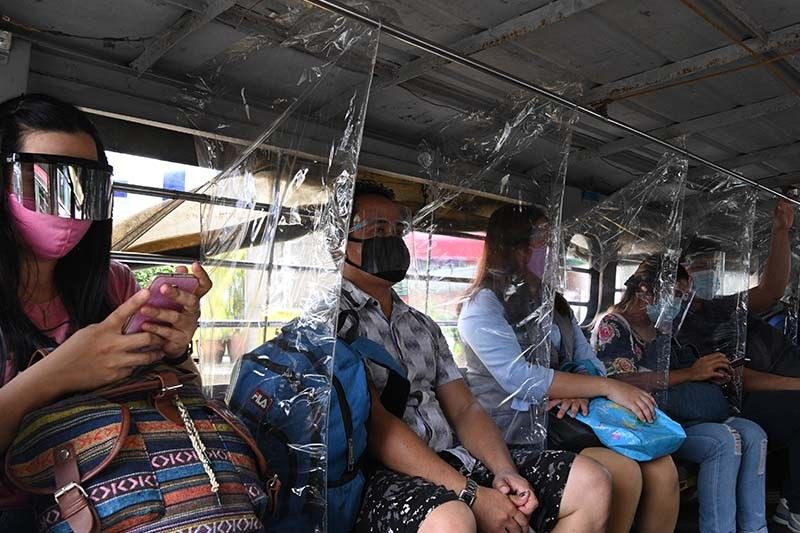Coronavirus variant leaves Philippines unfazed to reopen further

MANILA, Philippines — There’s no stopping the Philippines from slowly reopening the economy further this year even with new and more contagious coronavirus mutations spreading globally.
“COVID(-19) and any variant is always a risk that we need to manage as we open (the) economy gradually and safely,” Acting Socioeconomic Planning Secretary Karl Kendrick Chua said in a Viber message on Wednesday.
But how fast the lifting of prohibitions will happen remains to be seen, and already 2021 is giving a much anticipated economic recovery the reality check that progress will remain slow with the virus, and its newer variants, still very much within our midst.
So far, the Duterte administration had been more cautious on laying out restrictions against new COVID-19 variants from the UK and South Africa. Apart from a brief travel ban against 21 territories where the UK variant is present, pilot face-to-face classes supposedly held this month had been postponed as precaution. The National Economic and Development Authority (NEDA) had originally supported a resume to classroom schooling.
For Steven Cochrane, chief Asia Pacific economist at Moody’s Analytics, the bigger risk for the economy in recession remains to be broader lockdowns that cripple consumer movements and business activities.
The economy was projected to have shrank as much as 9.5% year-on-year in 2020, and the government is aiming for growth of between 6.5-7.5% this year.
“I would hope that at this point policymakers have learned to effectively execute on testing and contact tracing and also to effectively enforce social distancing without a complete lockdown,” Cochrane said in an email.
But other risks are also present. For one, for all of President Rodrigo Duterte and his economic advisers’ narrative of depending on vaccinations to propel the economy back on track, the Philippines had lagged behind Asia Pacific peers in vaccine procurement. As per Moody’s tracking, Manila had only booked inoculation for 13% of its population, against Malaysia’s 30%, Indonesia’s 75% and Vietnam’s 78%.
Indeed, a convincing bounce-back largely hinged on immunization. “Much of the region will have regained all of its lost output by the end of 2021, although India and the Philippines will struggle to reach this benchmark by the end of 2022,” Cochrane said in a research note.
Infrastructure delays likely?
In addition, a travel ban against Japan would also mean fresh delays on infrastructure projects seen to drive growth this year. Japan is the country’s largest donor to the “Build, Build, Build” program and last year, NEDA said the inability of technical experts to fly in while the ban was in effect blocked outlays from proceeding.
The hope now is that the original 17-day travel ban until January 15 does not get extended. “We nonetheless expect an easing of the (travel) ban in the coming weeks as more information is received on the new coronavirus strain,” Terry Ridon, convenor of Infrawatch PH, a think tank, said in a text message.
Officials from the public works and transport departments, which implement most infrastructure outlays, did not respond to request for comment.
Amid all the uncertainty the new year brings, Cid Terosa, senior economist at University of Asia and the Pacific School of Economics, is choosing to be optimistic. “I believe that the new strain will push government to exert all measures to blunt its potential impact on existing and near term economic recovery efforts,” he said.
- Latest
- Trending































